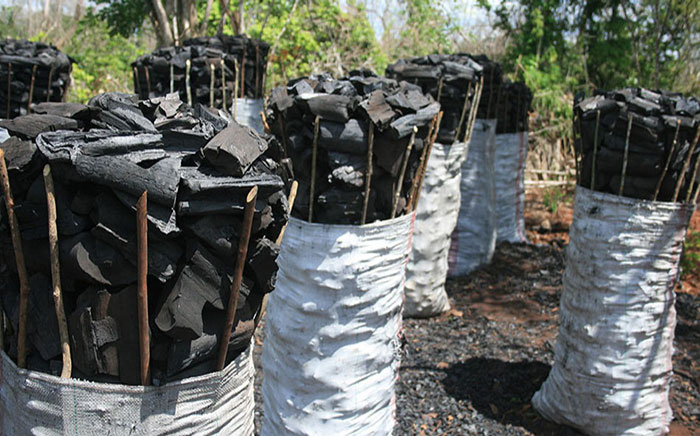Charcoal is among the forest sub-sectors which have a significant contributions to the economy and livelihoods of the people. Charcoal is the largest source of household energy in urban areas for cooking and heating in Tanzania. Inefficient charcoal production, utilization and trade are known to contribute significantly to deforestation and forest degradation in Tanzania where the annual deforestation rate is estimated to be 460,000ha/year.
Paradoxically, charcoal as a product contributes more than 40% of the forest sector GDP in Tanzania. It is therefore implied that with good management and control of the charcoal business in the country, it is possible to reduce the negative environmental consequences associated with charcoal production and still increase the contribution of charcoal to the national economy.
In light of this situation, a National Task Force (TF) to assess options that could address challenges in charcoal production, trade, and use and that support the sustainable management of forest resources in Tanzania was formed by the Ministry and supported undertaking detailed situational analysis to provide technical guidance to the government.
This Charcoal Situation Analysis covers key important issues that could improve the charcoal value chains in the country: These are: Sustainability of existing charcoal production and use models within Tanzania, and beyond, and their potential application along the value chain in the Country; Barriers and gaps that hinder the sustainability of the charcoal sub-sector in Tanzania; Relevant stakeholders; Lessons for the improved development of the charcoal sub- sector in the country; and Policy applications towards improving the sustainability of the charcoal sub-sector in Tanzania.
The sustainability of the charcoal sub-sector in the country could be improved by making use of the ideas of various stakeholders including previous recommendations from research reports that have been generated in the country. Issues related to coordination are of paramount as charcoal value chains cuts across various actors from the supply-to-demand point of view. Therefore, the implementation of recommendations raised from this study could lead to improved charcoal value chains in the country and in the long run lead to significant reduction of deforestation rate that is directly linked to charcoal production.
MNRT 2019 National Charcoal Study





